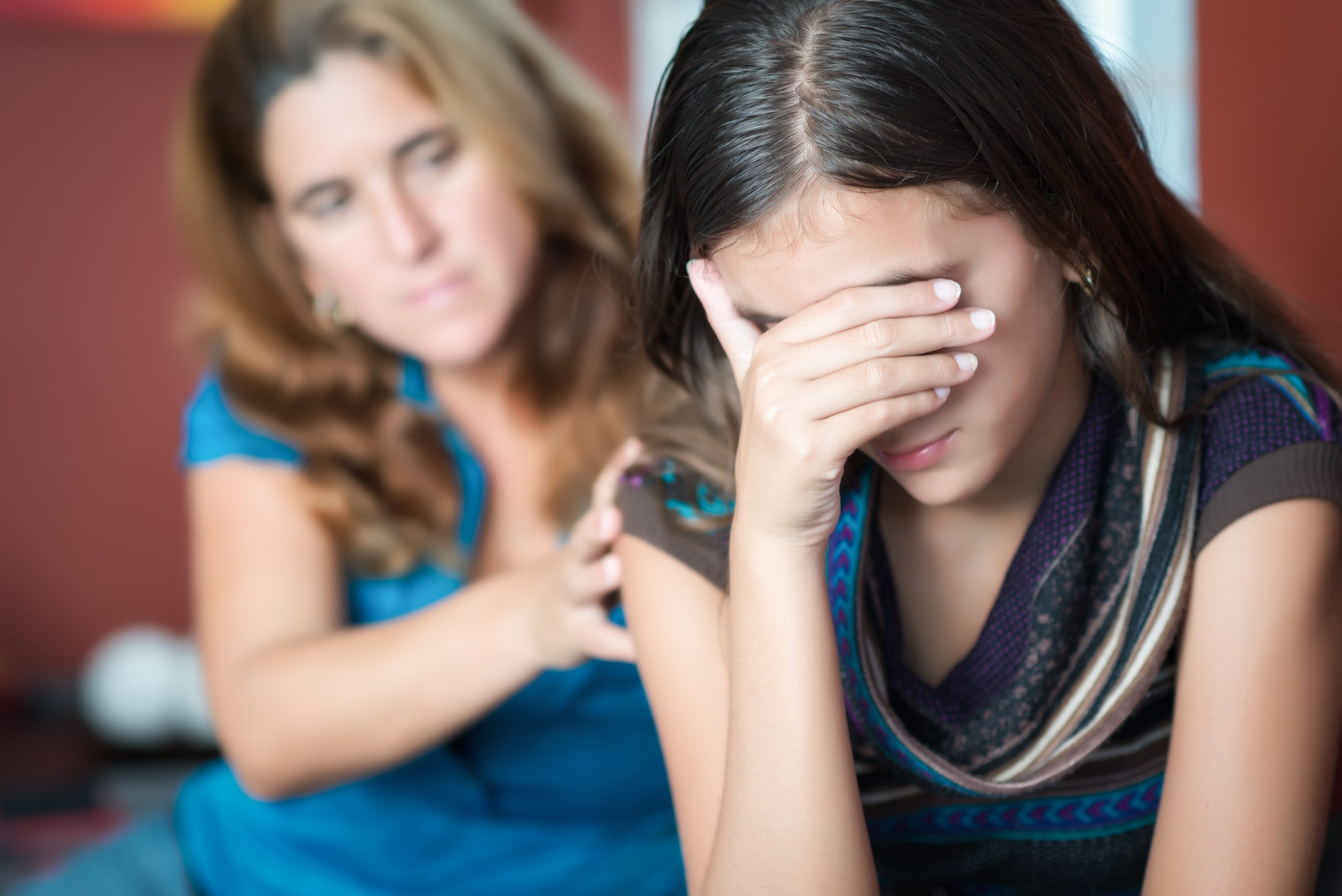Is sadness contagious? That is probably too bold of a statement to make, but a new study claims that households with a depressed teen often include a depressed parent as well. Termed a “ripple effect” by The Atlantic, it is research that is both alarming and encouraging. Particularly because further data is showing that one family overcomes their issues, so can another.
This particular study included several years of research and monitored 325 teens who were clinically depressed, along with their parents or caregivers. Northwestern University professor Kelsey R. Howard, M.S. oversaw much of the research, which also pointed to an increase in teen diagnoses.
“Depression is a massive public health concern that will take a variety of approaches to better manage,” he explained. “We believe our study is among the first to evaluate how the emotional health of a child can impact that of the parent.”
One interesting component regarding the adults was that not all caregivers had biological connections to the children. In fact, a good portion were adoptive parents. Regardless, it was shown that mom or dad’s depression affected both their adopted and non-adopted children. Now other research has shown a genetic link with issues like depression, but this proves that environmental factors are also at play.
“The concept of emotions being ‘contagious’ and spreading from person to person is well-known by psychologists,” Howard added in the article. “This work opens up a range of possibilities for future research on the family-wide effects of treatment for adolescent depression.”
But as we mentioned before, there were quite a few positives to arise from this research as well. One very encouraging stat showed that when depressed teens go through some version of mental-health treatment, symptoms of depression in their parents lessen. So, in many ways, “happier kids lead to happier parents” and certainly the vice versa is true as well.
One big recommendation is opening up an entire family to mental health treatment. Sure the teenage child may be exhibiting more outwardly depressed symptoms, but bringing parents into therapy can open up the healing process on a much grander scale.
As Howard concluded in the article; though alarming, there are quite a few silver linings to come out of this data. And he is certainly hopeful that families can use this information to make a positive change.
“It’s terrific to have that data,” he explained. “I think that it highlights our need to look at the interaction between a teen and their family members … The more support the family can get, the better.”


